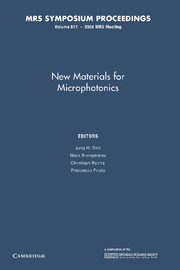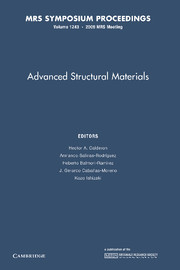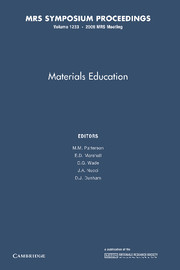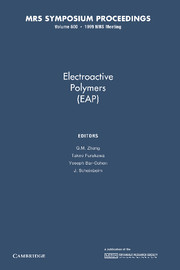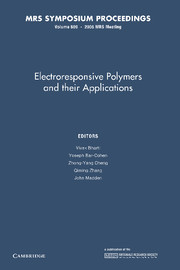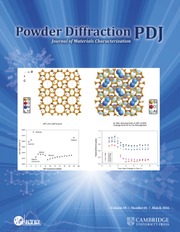New Materials for Microphotonics
The current rapid development of photonics matches the progress of silicon-integrated circuits. However, the ultimate success of photonics requires integration of both active and passive functions into one compact form. For such integration, it is crucial to develop and integrate a large diversity of new materials and material structures that enable generation, manipulation and detection of optical signals at short-length scales. In many cases, the final performance will be fabrication-process-dependent, and controlling microstructure and materials interactions in the device synthesis will be critical. Realization of these devices requires the development of new methods for microprobing, testing and characterization. This book researches work in optoelectronics, integrated optics, microphotonics and related research areas. Areas cover semiconductors, insulators, ferroelectrics and polymers. The goal here is to share progress, identify critical problems and provide promising solutions Topics include: rare-earth-doped structures; photonic bandgap crystals; nanocrystals; new concepts and devices; electro-optic materials and luminescent materials.
Product details
June 2014July 2004
Paperback
9781107409187
296 pages
229 × 152 × 16 mm
0.4kg
Available

